Travel Tips
Written by Lindsay Krause
Uganda packs a lot into one small country and is rife with national parks from top to tail. See chimps play in the shadows below the Rwenzori mountain range, lions roam the savannah of the Queen Elizabeth National Park, elephants and hippos bathe in the shallows of the Nile River below the Murchison Falls and rare mountain gorillas deep in the misty forests of the Bwindi Impenetrable National Park. For the intrepid traveler, Uganda’s imperfections are all part of the adventure. Be in the know before you travel and read our Ker & Downey® Africa Uganda safari tips.
Uganda’s political history can be discouraging to newcomers to Africa, but peace has returned to ‘the pearl of Africa’ and with it, the rise of tourism. To help you explore this diverse country and avoid any ‘bumps’ along the way, we have compiled a list of Uganda safari tips alongside our on-the-ground partners in East Africa to ensure you are in the loop with the latest news in Ugandan travel.
Most non-African passport holders will require a visa to enter Uganda. Make sure your passport is valid for at least 6 months after your departure date to avoid any disappointment. Visas are available at all entry points into Uganda, including Entebbe International Airport and cost $50 for a 3 month single entry tourist visa. Alternatively, you can apply for an e-visa online prior to your departure. Want to stay for longer? Not to worry, visa extensions are available at the immigration office in Kampala for $30.
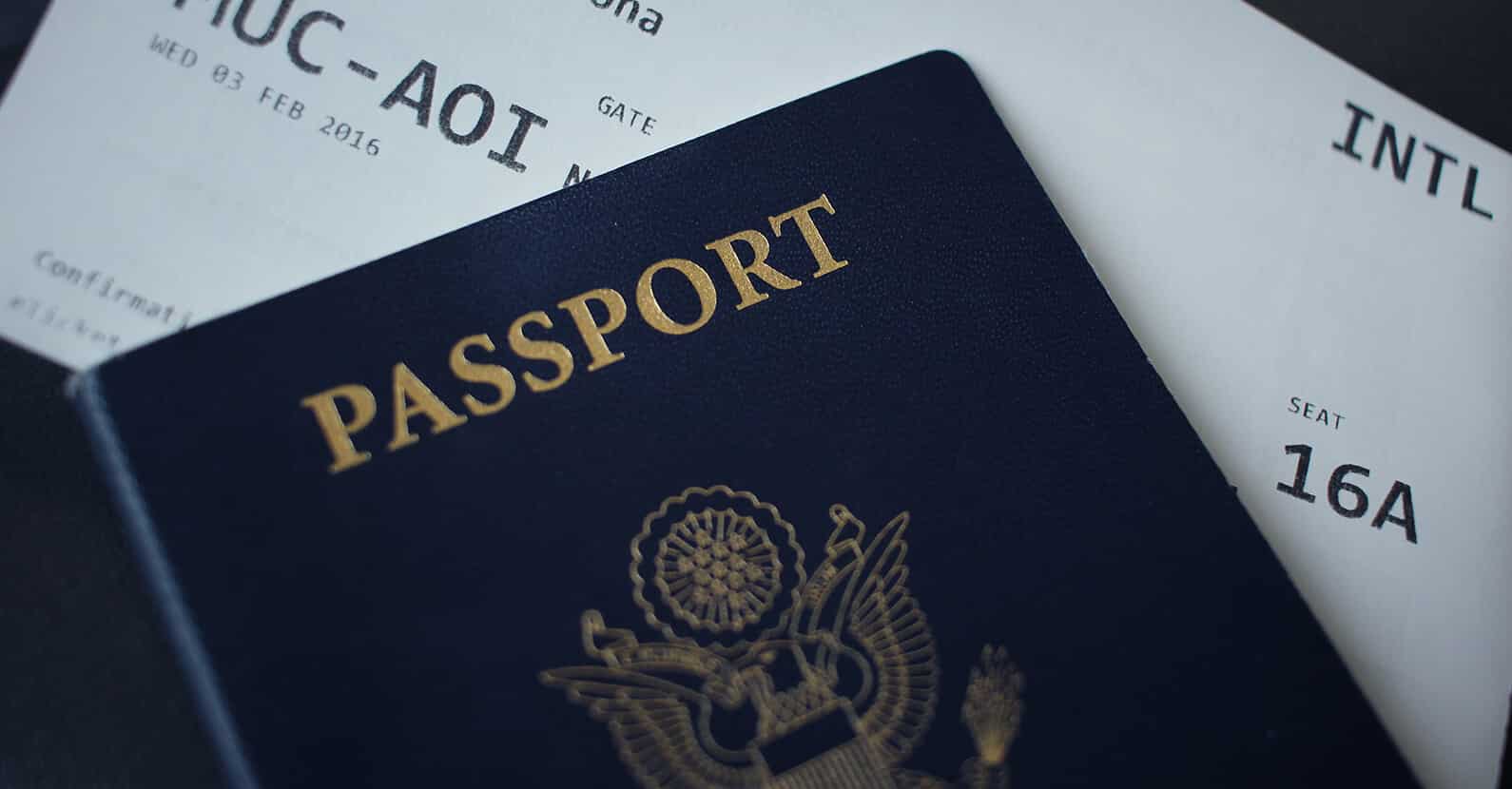
Before departing on your Uganda safari, make sure to visit your local clinic for antimalarial medication and a typhoid immunization. If you’re traveling from an affected area, you will be required to show your yellow fever certificate for proof of vaccination. To be on the safe side, we always recommend investing in travel and health insurance and our Adventurists at Ker & Downey Africa® will be happy to recommend a provider before your travels.
Note: To avoid unwanted insect bites on your travels, make sure to cover up and always carry insect repellent. Avoid wearing the colour blue as it attracts tsetse flies, which carry sleeping sickness.

Entebbe is the international gateway to Uganda, and most visitors arrive into the country via Entebbe International Airport. Uganda’s main roads are generally in good condition, but a 4×4 vehicle is advisable for exploring the backroads of Uganda, especially in the national parks and during the rainy season. Our Ker & Downey Africa® Adventurists always ensure that you are transported by private 4×4 vehicles, and you can expect all drivers and guides to be fluent in English.
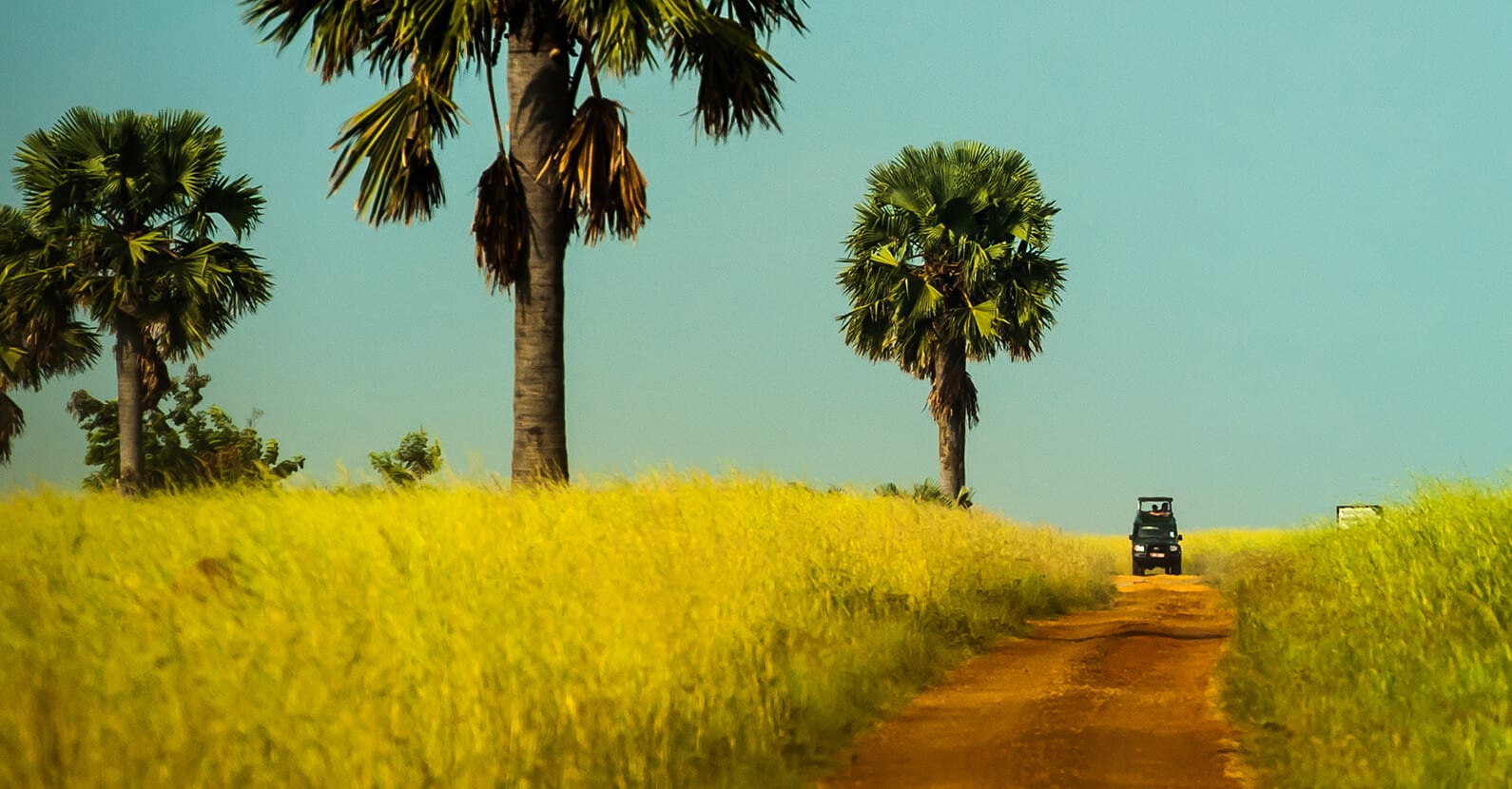
The local currency in Uganda is the Ugandan shilling (USh), but US dollar is widely accepted and is easily exchangeable around the country. Make sure to exchange some of your dollars on arrival, as USh* are handy for smaller purchases. Most ATM bank cards are not accepted at Ugandan’s ATMs, but fear not, there are several international banks that operate in the country including Citi Bank, Barclays and Standard Chartered. And what about credit cards? From our experience cash is best, but credit cards can be used at most up-country lodges and in a few choice establishments in Kampala.
*Ugandan shilling
Note: Tipping of 10-15% is customary for service in restaurants and bars, and roughly $5 for drivers and guides in Uganda and tips should be given in USD or Uganda Shillings.

Note: For your trekking experience you’ll need to pack in a sturdy pair of hiking boots, a rain jacket for sporadic showers, long-sleeved shirt and trousers to protect yourself from stinging nettles and insect repellent to avoid those pesky mosquitos.
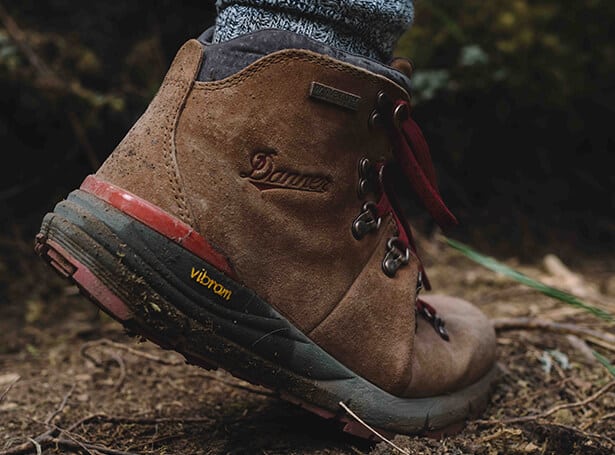
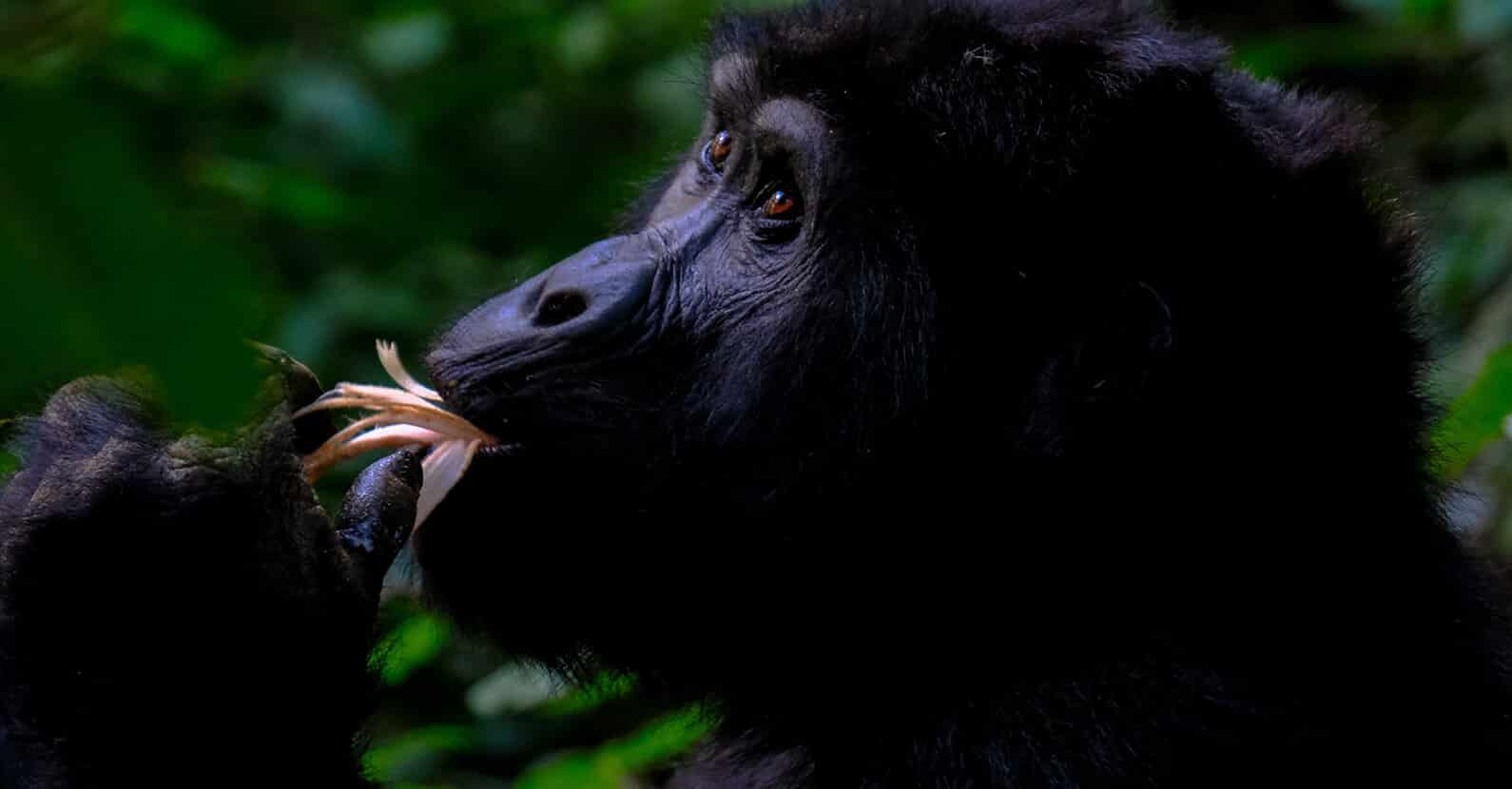
Although gorilla trekking in Uganda is considered a year-round activity, the humid rainy seasons and muddy terrain can make it extra challenging and lessen your chances of spotting the gorillas. To make it easier for yourself, we recommend traveling during the dry seasons from January to February and June to September. For the best game viewing on your Uganda Safari, we recommend traveling towards the end of the dry season, when wildlife is concentrated around the National Parks’ water sources.
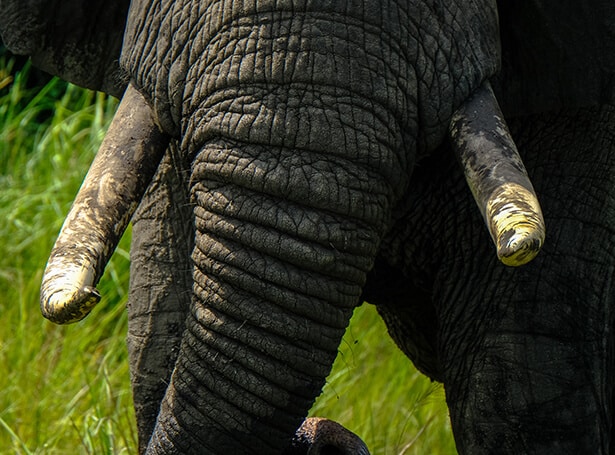
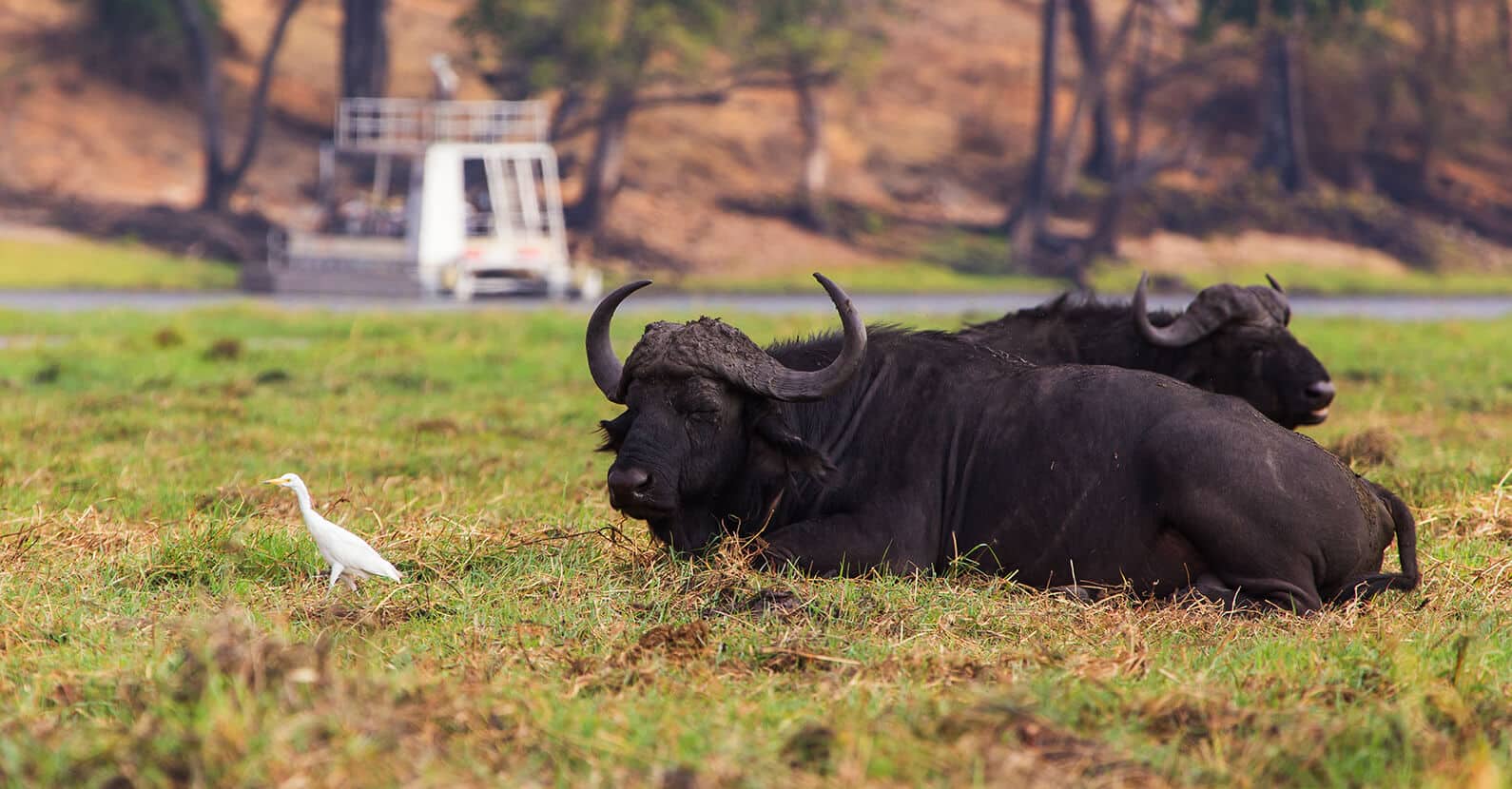
Uganda is a welcoming country and is safe when practicing usual precautions. Make sure to always listen to your expert guides around wildlife, always carry a torch in wildlife areas, and make sure to wear a life jacket when traveling by boat.
Note: The boda boda, Uganda’s motorcycle taxi, is the most dangerous mode of transport in the country. We suggest opting for a taxi or private transport.
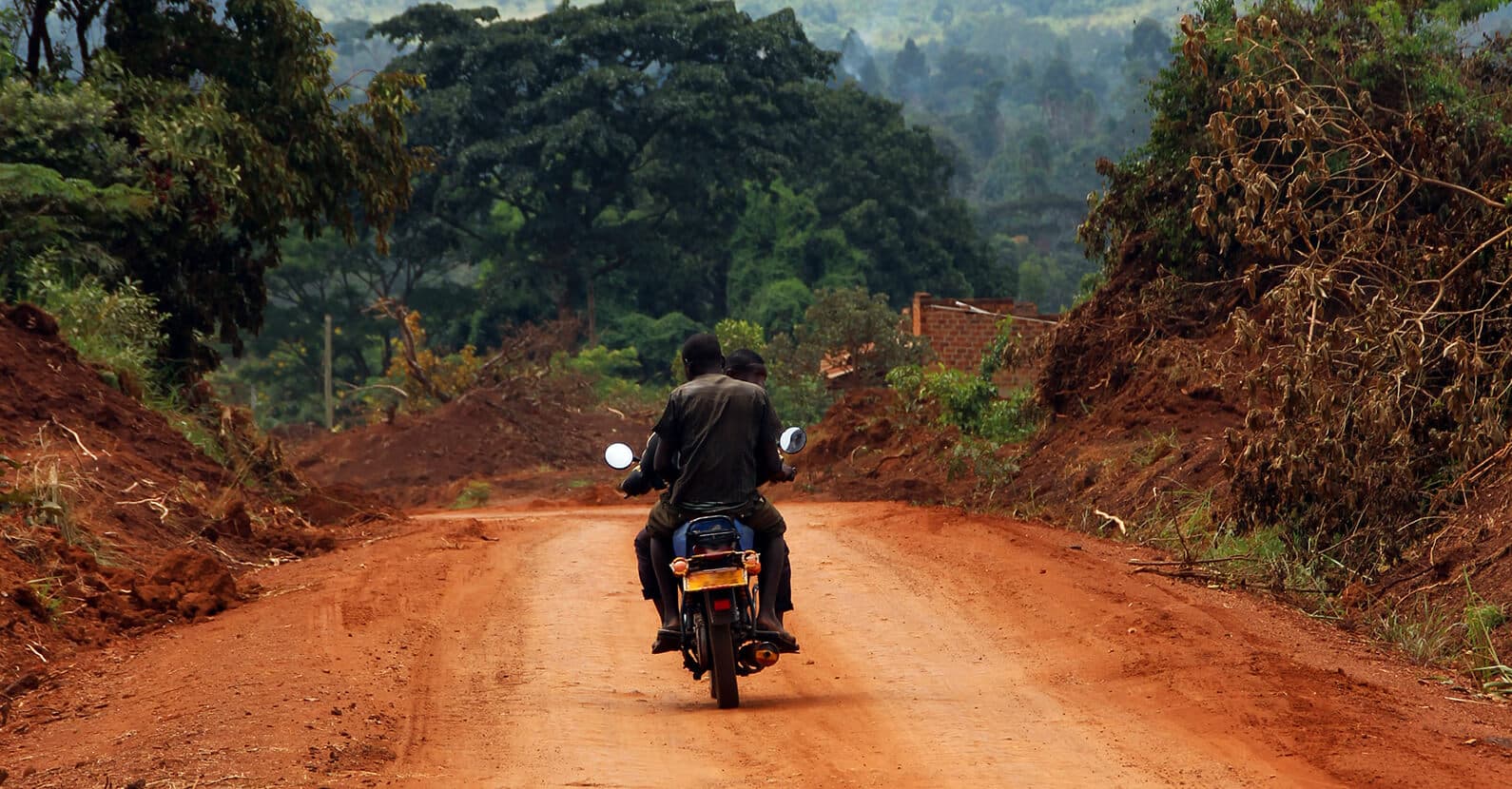
Uganda is emerging from the shadows of its past and the friendly locals welcome tourists with open arms. The country calls out to the experienced traveler to explore its diverse landscapes and experience authentic African adventures. Want to find out more about traveling in Uganda? Contact one of our Ker & Downey® Africa Adventurists for more Uganda safari tips or check out our Uganda LuxVenture® trips here.
Want to read more on Gorilla Trekking? Download our complimentary Guide to Gorilla Trekking.
Head office:
7 Bree Street, 6th Floor, Touchstone House, Cape Town, South Africa
+27 (0)21 201 2484
[email protected]
United Kingdom: Sportsman Farm, St Michaels, Tenterden, Kent
Ker & Downey® Africa is compliant with COVID-19 Industry Protocols.


Head office: 7 Bree Street, 6th Floor, Touchstone House, Cape Town, South Africa
+27 (0)21 201 2484
[email protected]
United Kingdom: Sportsman Farm, St Michaels, Tenterden, Kent
Ker & Downey® Africa is compliant with COVID-19 Industry Protocols.